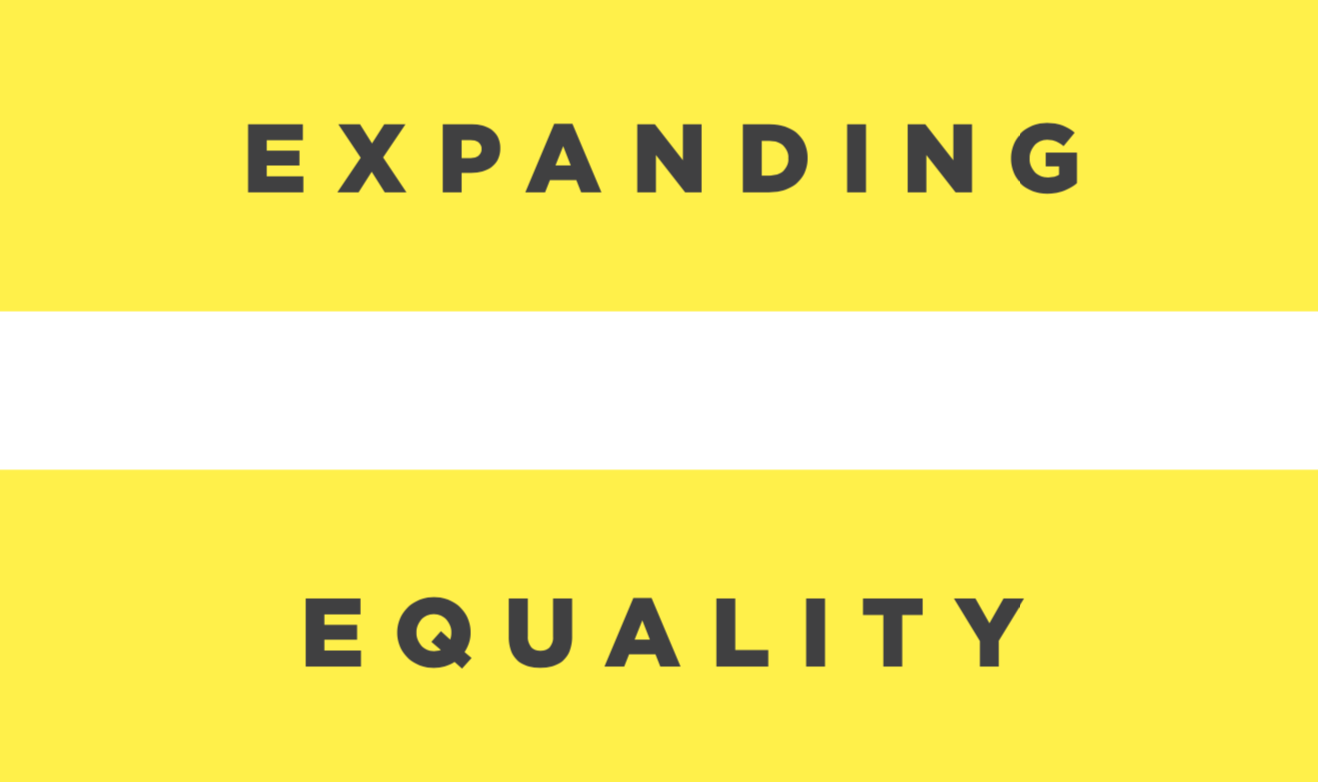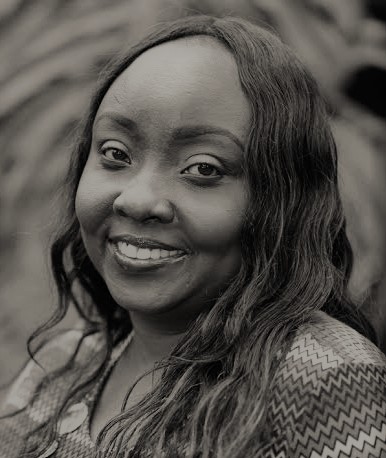
“While it is becoming apparent that COVID- 19 has become the biggest threat to modern society and our economies in the last half century, the virus’s biggest impact however, is going to be on the rights of women.”
The year 2020 was supposed to be the big year for women’s rights and gender equality with a number of key events such as the review of the Beijing plus 25, the Graça Machel Trust celebrating 10 years of impacting the lives of women and girls in Africa and the Gender Smart Summit.
These convenings have had to be postponed or will take place at a much smaller scale with virtual interactions being the preferred mode of engagement. What does this mean for the drivers of equality where trust is often built and nurtured through the execution of programs, targeted research, face to face interaction and the power of convening?
As a gender investor whose primary focus has been on the undervalued and underutilized opportunity amongst African women entrepreneurs, this new challenge widens an existing problem that has been acutely faced by women in business.
Women businesses are:
- Much smaller than their male counterparts and utilize less external forms of capital other than their personal savings making them more susceptible to shocks.
- Diverse amongst several sectors ranging from agriculture, health and education to more male dominated sectors such as manufacturing and technology. Hence a global recession will be felt across sectors.
- Sometimes home and community based and rely on various forms of platforms such as Facebook to market their offerings indicating a high adaptability to various virtual platforms where the subjectivity of unconscious bias is more suppressed.
- Have a natural gender lens employing at least 50% of their staff as women and cater to products and services targeting the female segment.
Many expressed a desire to be mentored by an angel investor who would provide a combination of patient capital and relevant advice.
Our aim is to bridge the gap through a blended approach offering both pre-technical assistance to build the pipeline and post investment technical assistance to achieve value creation. Driving the triple impact benefits ( economic growth, gender equality and environment sustainability ) that would be achieved by focusing on women through aligning our investment thesis towards achieving sustainable development goal five gender equality and goal eight decent work and economic growth knowing that it would be a catalyst to enhance goal three good health and wellbeing ( with women being primary care givers to their children and their parents ) and goal four quality education ( where women tend to channel their investments to cater for dependents education ).
“The question is how does COVID – 19 impact the millions of African women who are entrepreneurs and have demonstrated their resilience by operating in a more challenging environment where patriarchy and cultural attitudes may reinforce traditional gendered roles, access to finance opportunities has been limited combined with the unpaid care work burden experienced?”
When the COVID-19 outbreak eventually reached Kenya, my first instinct was to imagine my new reality ; my bikram yoga schedule which has been disrupted and an upcoming family Easter holiday that has now been cancelled. That was before I started comprehending the far-reaching realities and consequences of COVID-19 on Africa and its entrepreneurial women.
At Graca Machel Trust we have been in the forefront of network building, encouraging women across 17 countries in Africa to engage and support one another through networks across sectors such as the media, finance, agribusiness etc. These women are often connected virtually in addition to the personal relationships we have nurtured over time that form a part of our investable pipeline. The real time stories of agonizing what to do with staff, stock, maintaining sales and quite frankly keeping the business operational is too close to home.
Overall small businesses drive 80% of Africa’s economy and they will be hardest hit. Africa is predominantly an informal economy made up of daily traders, freelancers and small enterprises. These invisible actors ( I use the word invisible because their activities are rarely captured in gross domestic product ) mostly rely on daily transactional activity to meet their fixed costs of rental and food.
This invisible economy is also fueled by the middle class which usually employs people from the informal economy to conduct repairs, build homes, care for their children, deliver goods etc. These relationships are rarely governed by formal employment contracts but are built on trust. It is robust and dynamic and provides a linkage to our rural economies where people can send money home to their children or extended family.
With countries all taking action to curb the spread of the virus as well as prevent new infections, radical and necessary actions have been taken by African governments which include the closure of borders and schools, enforcing social distancing by ordering recreational places to close, reducing domestic travel and implementing high standards of hygiene by providing sanitation and the frequent washing of hands. It is noted that these announcements are usually made by male officials who are flanked by other male counterparts. Women are not necessarily seen and heard yet will be at the forefront of the battle lines through nursing roles which is female dominated, will act as primary care givers to the sick at home and will be critical to families and communities practicing high standards of hygiene.
At face value these are all steps that need to be taken to safeguard the masses. However, the brunt of the decisions has wide ramifications for businesses which are staring at bankruptcy should they not have the ability to depend on foot traffic to sell their goods, are part of the tourism and service industry or rely on cross border trade to name a few. People are also being advised to work from home with the major difference being that your children are home too, having been sent home due to the virus. The burden of unpaid care just doubled with an extra burden being experienced by single mother households which are on the rise. There are also concerns about rising incidents of domestic partner abuse, child abuse and child labour all increasing due to the stress and anxiety faced by all during these unprecedented times. Let’s not forget the loneliness and despair being felt by the single unmarried and young women and how this can dash future dreams.
I believe that now more than ever is the time for a concerted effort to narrow escalating inequalities between the haves and the have nots, during and post the COVID-19 era. To appreciate that access to data on an ongoing basis is still a privilege just as is the access to clean and running water for frequent sanitation.
The public and private sector will need to work more closely together to protect their communities, promote sustainability and new solutions will have to be found. It has been encouraging to see the banking and telecommunications sector offer to restructure loans, remove clients who had been previously listed by credit reference bureaus and implement a reduction in tariffs. However more measures such as providing bridge and patient financing to even those that did not have loans to begin with and waiving fees for data access are required. More resolve from African governments to undergo paycuts in favour of their citizens, develop stimulus packages despite our limited resources and create tax payment holidays is needed.
Africa is home to several vulnerable communities who live in close proximity to one another and do not have the luxury to self-isolate. Therefore the effects of this virus could linger much longer even after a vaccine is found.
“So whilst we usually celebrate business as ‘survival of the fittest’ and applaud women for their ‘resilience’, these are unprecedented times which require extraordinary measures. This ranges from universal income to emergency grants to wide scale donations to be channeled through public and private sector actors at minimal cost. Let’s do what we can within our sphere of influence to keep the invisible economy alive. Let’s also do what we can to support women in business by changing the rules of the game by prioritising impact and sustainability over returns – our future depends on it.”

Andia Chakava is an Investment Director and expert in Women Economic Empowerment, Fund Management, Funder and Entrepreneur Relations, Deal Sourcing, Strategy Development, Intimate knowledge of East African landscape
Email: AndiaC@gracamacheltrust.org
